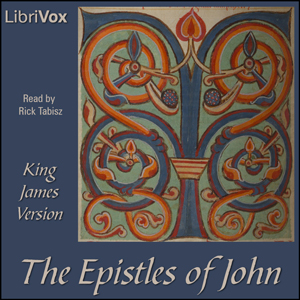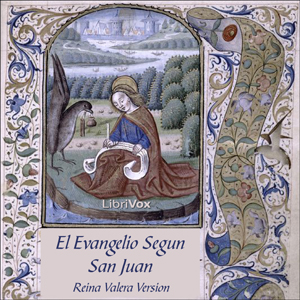- Capítulo 1
- Capítulo 2
- Capítulo 3
- Capítulo 4
- Capítulo 5
- Capítulo 6
- Capítulo 7
- Capítulo 8
- Capítulo 9
- Capítulo 10
- Capítulo 11
- Capítulo 12
- Capítulo 13
- Capítulo 14
- Capítulo 15
- Capítulo 16
- Capítulo 17
- Capítulo 18
- Capítulo 19
- Capítulo 20
- Capítulo 21
- Capítulo 22
- Capítulo 23
- Capítulo 24
- Capítulo 25
- Capítulo 26
- Capítulo 27
- Capítulo 28
- Capítulo 29
- Capítulo 30
- Capítulo 31
- Capítulo 32
- Capítulo 33
- Capítulo 34
- Capítulo 35
- Capítulo 36
- Capítulo 37
- Capítulo 38
- Capítulo 39
- Capítulo 40
- Capítulo 41
- Capítulo 42
- Capítulo 43
- Capítulo 44
- Capítulo 45
- Capítulo 46
- Capítulo 47
- Capítulo 48
- Capítulo 49
- Capítulo 50
- Capítulo 51
- Capítulo 52
Jeremías, a menudo llamado "el profeta llorón" debido a su persistente mensaje del juicio de Dios, profetizó a la nación de Judá desde el reinado del rey Josías en 627 a. C. hasta la destrucción de Jerusalén en 586 a. C. Dictó sus profecías al escriba llamado Baruch (36: 4,32). La tarea de Jeremías como profeta era declarar el juicio venidero de Dios. Sin embargo, a lo largo del libro también vemos la preocupación de Dios por el arrepentimiento y la justicia, tanto en los individuos como en las naciones. Este enfoque dual se ve en las instrucciones de Dios a Jeremías: Él debía "arrancar y derrumbar", pero también "construir y plantar" (1:10). Jeremías ve un día futuro cuando Dios escribirá su ley en los corazones humanos, y "todos ellos me conocerán", y "no recordaré más su pecado" (31: 33-34)
English Translation:
Jeremiah, often called "the weeping prophet" because of his persistent message of God's judgment, prophesied to the nation of Judah since the reign of King Josiah in 627 BC. C. until the destruction of Jerusalem in 586 a. C. He dictated his prophecies to the scribe named Baruch (36: 4,32). Jeremiah's task as a prophet was to declare God's coming judgment. However, throughout the book we also see God's concern for repentance and justice, both in individuals and in nations. This dual focus is seen in God's instructions to Jeremiah: He was to "pluck and tear down," but also "build and plant" (1:10). Jeremiah sees a future day when God will write His law on human hearts, and "all of them will know Me", and "I will no longer remember their sin" (31: 33-34) (Summary by Claudia R Barrett)
English Translation:
Jeremiah, often called "the weeping prophet" because of his persistent message of God's judgment, prophesied to the nation of Judah since the reign of King Josiah in 627 BC. C. until the destruction of Jerusalem in 586 a. C. He dictated his prophecies to the scribe named Baruch (36: 4,32). Jeremiah's task as a prophet was to declare God's coming judgment. However, throughout the book we also see God's concern for repentance and justice, both in individuals and in nations. This dual focus is seen in God's instructions to Jeremiah: He was to "pluck and tear down," but also "build and plant" (1:10). Jeremiah sees a future day when God will write His law on human hearts, and "all of them will know Me", and "I will no longer remember their sin" (31: 33-34) (Summary by Claudia R Barrett)
There are no reviews for this eBook.
There are no comments for this eBook.
You must log in to post a comment.
Log in











